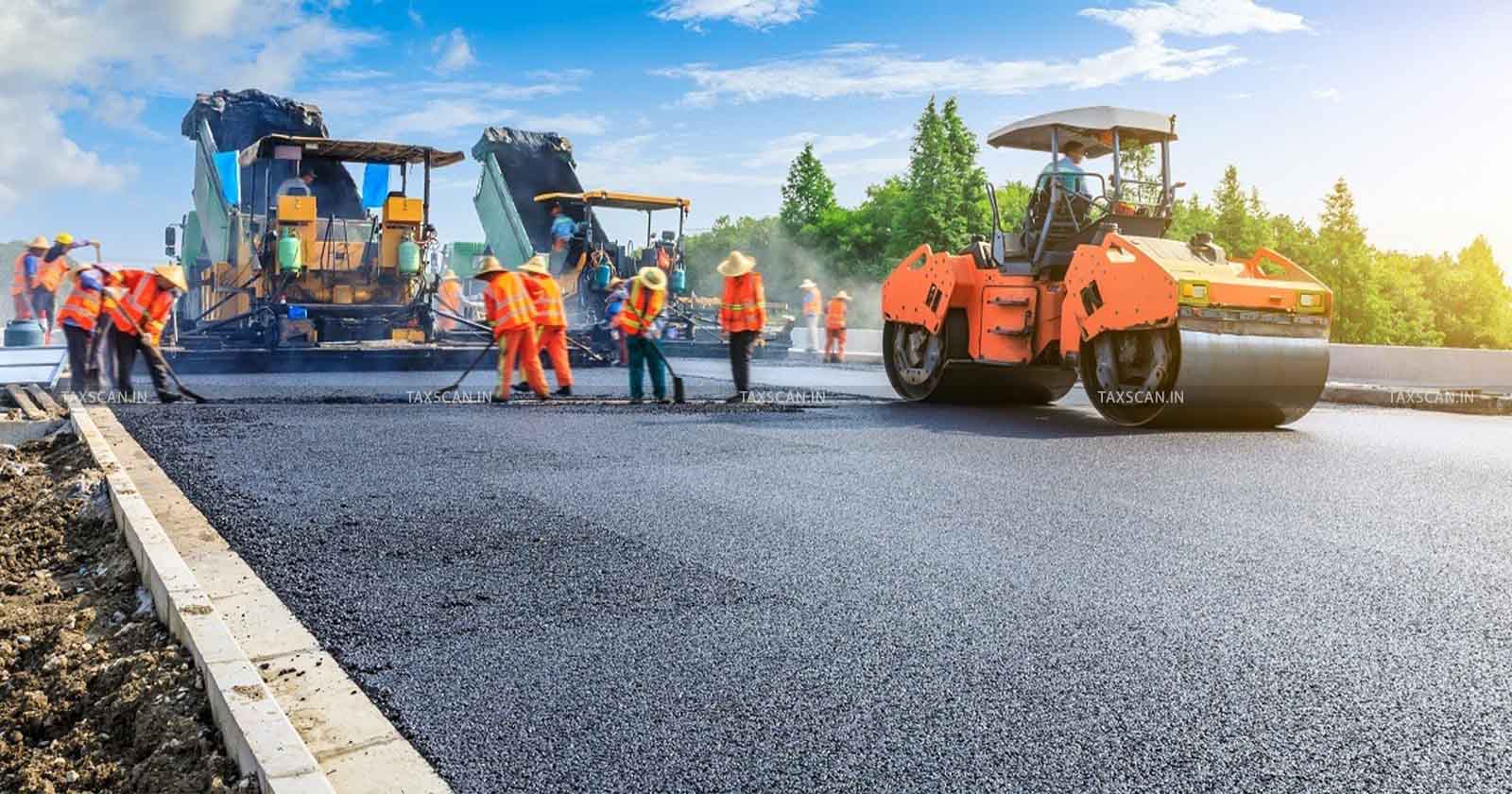Relief for SAIL: CESTAT Holds By-Products Not Liable Under Rule 6 of CCR, Accepts Proportionate Reversal [Read Order]
The tribunal accepted the assessee’s proportionate reversal of credit and interest payments made under the retrospective amendment introduced by the Finance Act, 2010.
![Relief for SAIL: CESTAT Holds By-Products Not Liable Under Rule 6 of CCR, Accepts Proportionate Reversal [Read Order] Relief for SAIL: CESTAT Holds By-Products Not Liable Under Rule 6 of CCR, Accepts Proportionate Reversal [Read Order]](https://images.taxscan.in/h-upload/2025/07/19/2065626-sail-relief-taxscan.webp)
The Kolkata Bench of Customs,Excise and Service Tax Appeal ( CESTAT ) granted relief to Steel Authority of India Ltd (SAIL ) by holding that by-products like Ammonium Sulphate, Coal Tar, Burnt Dolomite, and Molten Slag were not liable for reversal under Rule 6 of the Cenvat Credit Rules (CCR),2004.
Steel Authority of India Ltd,appellant-assessee,was engaged in manufacturing iron and steel products under Chapters 72 and 73 of the Central Excise Tariff. In the process, some exempted by-products like Ammonium Sulphate, Coal Tar, Burnt Dolomite, and Molten Slag also emerged.
Want a deeper insight into the Income Tax Bill, 2025? Click here
Since separate Modvat/Cenvat records were not maintained for these exempted goods, 12 Show Cause Notices were issued for the period from September 1996 to March 2005, demanding duty at varying rates. The demands were confirmed by the Adjudicating Authority through orders passed in 2005 and 2007.
Another notice was issued for 2007-2009, and demand was again confirmed by order dated 03.06.2010.
The assessee pointed out that Rule 6(3A) of the Cenvat Credit Rules, 2004 (effective from 01.04.2008) allowed proportionate reversal of credit on common inputs used for both exempted and dutiable goods. Further, the Finance Act, 2010 made retrospective amendments allowing reversal of proportionate credit with interest.
Based on this, the assessee paid Rs. 70.87 lakh (including interest) towards proportionate credit for the relevant period. The tribunal, taking note of the amendment, remanded the matter in December 2010 for de novo adjudication.
Know Practical Aspects of Tax Planning, Click Here
However, in the fresh round, the AdjudicatingAuthority held that proportionate reversal could not be accepted and confirmed the demand for 1996-1999. It also confirmed another demand based on a 2013 Show Cause Notice.
 Also Read:Road Construction Receipts for CSR Activities not part of Taxable Value: CESTAT grants Relief to Eastern India Enterprise [Read Order]
Also Read:Road Construction Receipts for CSR Activities not part of Taxable Value: CESTAT grants Relief to Eastern India Enterprise [Read Order]
Aggrieved, the assessee again approached the tribunal.
The two member bench comprising R.Muralidhar ( Judicial Member) and Rajeev Tandon (Technical Member) heard both sides and examined the appeal papers and submissions. The dispute related to reversal of CENVAT credit on common inputs and input services used in manufacturing both dutiable and exempted goods. The issue of demanding 5%/6%/8% of the value of exempted goods had remained contentious for years.
Referring to the Allahabad High Court ruling in Hello Minerals Water Pvt. Ltd., the tribunal noted that reversal of Modvat credit amounted to non-availment of credit. Several courts and tribunals had followed this view. Considering the heavy demands raised on manufacturers, the government brought a retrospective amendment in 2010 allowing proportionate credit reversal with interest.
In the present case, the assessee, a public sector undertaking, had reversed Rs. 21,88,437 for the period April 1996 to March 2008 and Rs. 48,98,788 for the period September 2004 to March 2008. Interest amounting to Rs. 75,11,467 was also paid. These amounts were duly certified by a Chartered Accountant.
The appellate tribunal held that the confirmed demand was not legally sustainable and set it aside, allowing the appeal on merits.
Step by Step Guidance for Tax Audit & E-filing, Click Here
It also observed that the so-called exempted goods Ammonium Sulphate, Coal Tar, Burnt Dolomite, and Molten Slag were by-products or waste arising unintentionally during manufacturing. There was no indication that these goods were deliberately produced.
The tribunal referred to decisions of various courts and tribunals, including JSW Steel Ltd., Mukand Ltd., Gas Authority of India Ltd., and Hindustan Zinc Ltd., which consistently held that waste or by-products did not attract Rule 6 of the CCR. The CBEC’s 2000 Circular also clarified that credit should not be denied if inputs were used in the course of manufacturing, even if waste or exempted intermediates emerged.
The appellate tribunal concluded that Rule 6 was not applicable in this case since the goods were waste or by-products. Despite this, the assessee had reversed credit and paid interest in accordance with the amended rules, showing good faith.
Accordingly, the impugned order was set aside. The amount of Rs. 70,87,225 along with interest of Rs. 75,11,467 was directed to be appropriated, and the penalty imposed was set aside. The appeal was allowed.
Support our journalism by subscribing to Taxscanpremium. Follow us on Telegram for quick updates


